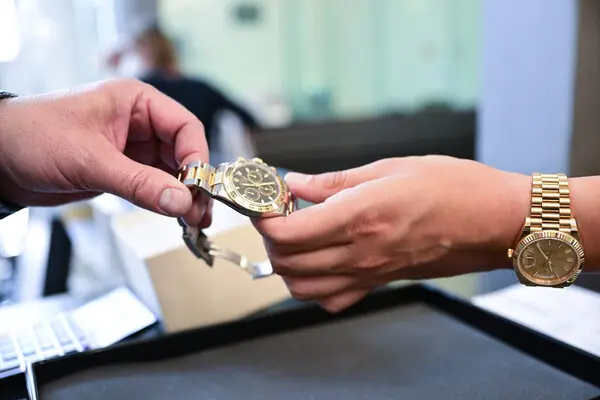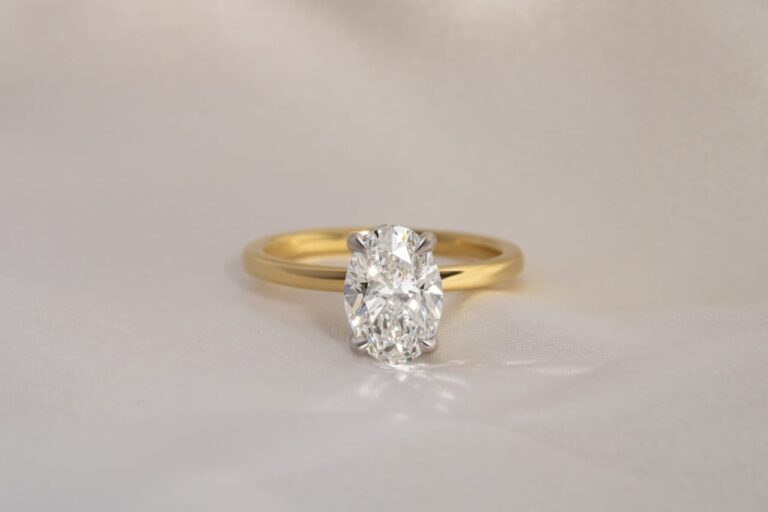How Luxury Watch Buyers Redefine the Resale Market
The luxury watch market, long synonymous with prestige, craftsmanship, and timeless appeal, has been witnessing a significant transformation. What was once a niche hobby for collectors has evolved into a thriving segment of the global resale market, driven by a new wave of buyers redefining how luxury timepieces are valued and traded.
From Collectors to Investors
Traditionally, luxury watches were primarily seen as heirlooms or status symbols. Buyers sought iconic brands like Rolex, Patek Philippe, and Audemars Piguet for their heritage and craftsmanship. However, a growing segment of buyers now view these timepieces as alternative investments. Models like the Rolex Daytona or the Patek Philippe Nautilus have seen their values skyrocket on secondary markets, sometimes doubling or tripling in price compared to retail.
This shift is driven by limited production runs, brand prestige, and a demand-supply imbalance. Investors understand the economics of scarcity and exclusivity, treating watches as appreciating assets akin to fine art or real estate. Luxury watch buyers in Dubai understand the intricacies of watch-making and luxury brands.
The Role of Technology
Technology has played a pivotal role in reshaping the luxury watch resale market. Digital platforms provide detailed listings, authentication services, and historical pricing data, enabling buyers and sellers to make informed decisions. Blockchain technology is also gaining traction, ensuring authenticity and tracking provenance, which is crucial for high-value items.
Social media and online communities further fuel the market. Influencers and watch enthusiasts share insights, reviews, and personal collections, creating a buzz around certain models. Viral trends, such as the resurgence of vintage watches or the popularity of green-dial timepieces, directly influence resale values.
A Shift Toward Sustainability
In parallel with investment motives, many buyers are drawn to the resale market for its sustainability. Purchasing pre-owned watches aligns with broader consumer trends toward conscious consumption. Instead of contributing to the demand for new products, buyers appreciate the enduring value of existing timepieces.
This mindset has encouraged brands themselves to enter the resale space. For instance, Richemont, the parent company of Cartier and IWC, acquired Watchfinder, a pre-owned watch platform, signaling the industry’s acknowledgment of this growing trend.
Democratizing Luxury
Luxury watches have traditionally been perceived as exclusive, catering to a select elite. However, the resale market democratizes access. Pre-owned platforms often offer a broader price range, making iconic models accessible to first-time buyers or younger demographics who may not have previously considered luxury watches.
At the same time, these platforms elevate awareness of lesser-known brands or vintage models, further diversifying the market. A buyer seeking a unique piece might gravitate toward a discontinued model, thereby expanding the horizon of what constitutes a “desirable” watch.
Challenges Ahead
Despite its growth, the resale market is not without challenges. Counterfeit watches remain a significant concern, underscoring the importance of authentication services. Additionally, speculative buying can create price volatility, occasionally driving bubbles in certain models or brands.
Conclusion
Luxury watch buyers are no longer just collectors or aficionados; they are investors, sustainability advocates, and digital-savvy consumers reshaping the resale landscape. As luxury watchmakers embrace the shift, the once-exclusive world of horology is opening its doors to a broader and more diverse audience.
Keep an eye for more latest news & updates on Glamour Tomorrow!






